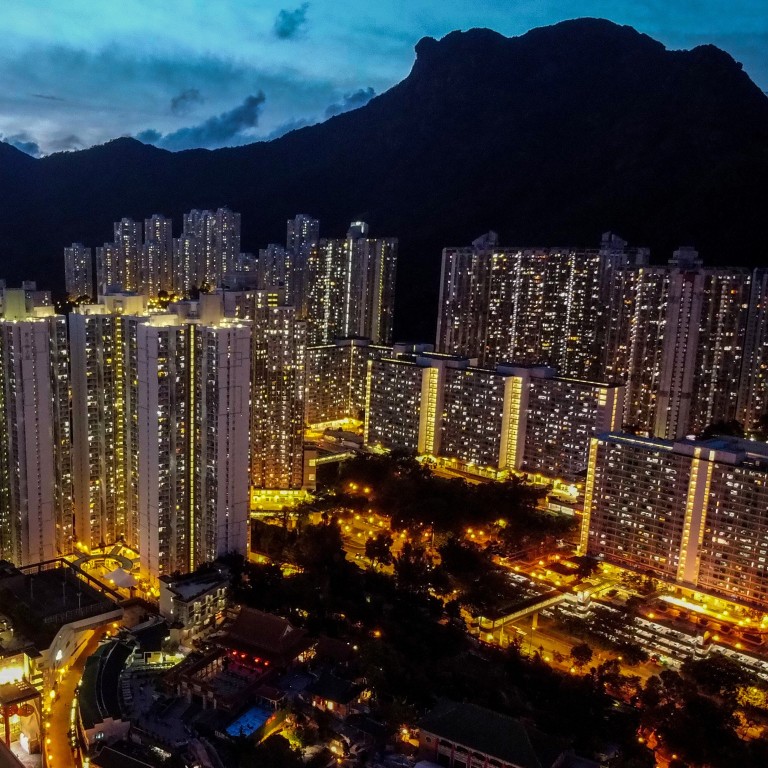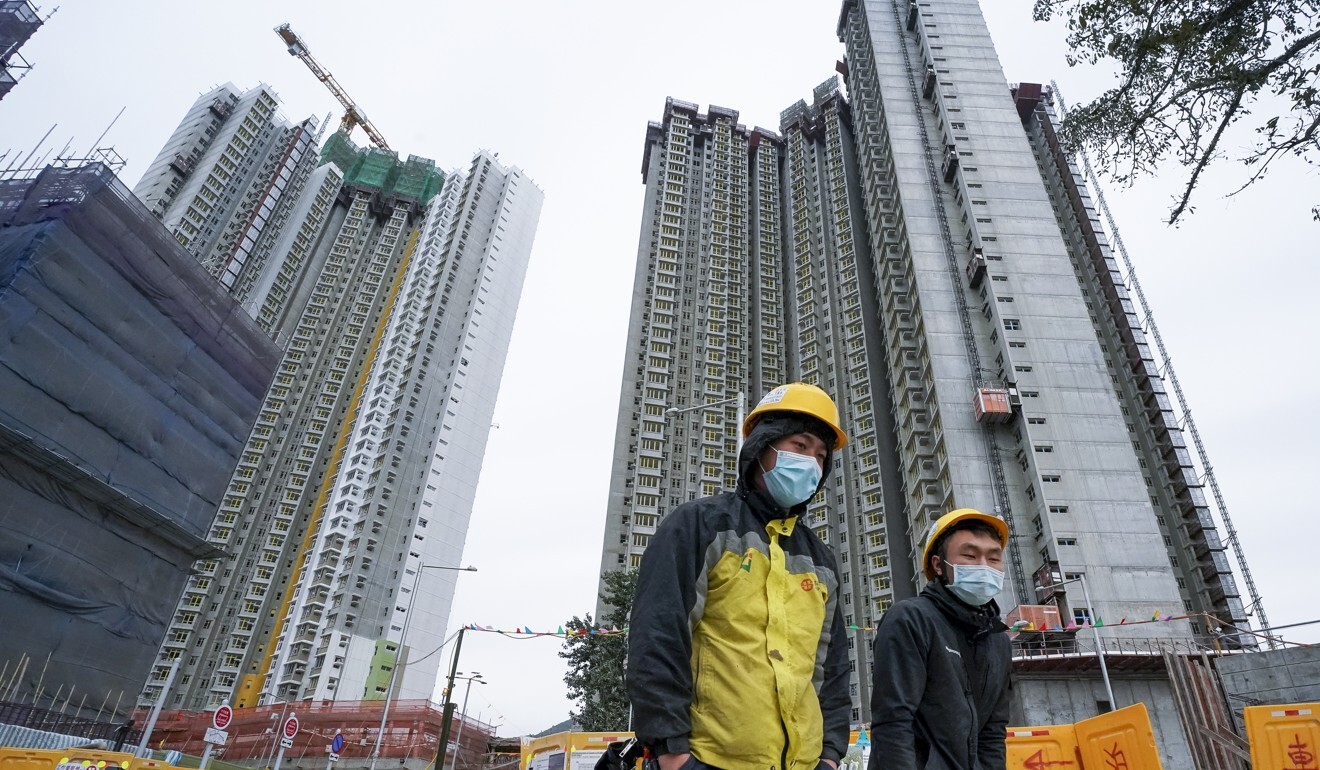
Average waiting time for public flat in Hong Kong creeps up to 5.9 years, hitting 22-year high
- The wait grew by more than a month in the third quarter of this year
- As of the end of September, there were 254,500 unresolved applications for public housing
The wait, the longest it has been in 22 years, grew by more than a month in the third quarter of this year, according to figures released by the authority on Thursday.
Released every quarter, the statistics are used as a reference for current applicants, and are based on data collected from those who received public flats in the past 12 months.
Hong Kong to build 16,000 transitional homes by mid-2023: housing chief
As of the end of September, there were about 153,700 outstanding general applications for public housing from families and single seniors, and another 100,800 from non-elderly singles.
In the third quarter of 2021, flats were allocated to about 2,800 general applicants, some 270 of whom were single seniors.
The waiting time for single elderly applicants in the third quarter was slightly shorter than the overall average, at 3.8 years, though that was still the longest it had been since 2000.
Ever since Hong Kong’s return to Chinese sovereignty in 1997, authorities have promised to bring public housing waits for families down to three years. Waiting times were at their longest right after the handover, averaging 6.6 years in 1997 and 1998, before edging down to six years in 1999.

The shortest waiting time for families was 1.8 years in 2005, 2007 and 2009, a period when the government stopped building subsidised flats for sale and focused only on rental housing.
Hong Kong is the world’s least affordable residential property market, and many families must live in cramped subdivided units while they wait for public flats.
Beijing, meanwhile, has called the city’s housing shortage a deep-seated problem that must be addressed. The director of the State Council’s Hong Kong and Macau Affairs Office, Xia Baolong, set a target in July for the city to “bid farewell” to subdivided flats and so-called cage homes by 2049.
Northern Metropolis fuels optimism on home prices in northwestern region
Cleresa Wong Pie-yue, chairwoman of the authority’s subsidised housing committee, said they were working hard to speed up that process.
“We will outsource some of the design work and purchasing of materials in the future, so we can save manpower for other projects,” she said.
Wong added the authority would continue to explore the feasibility of modular integrated construction (MIC), a building technique in which parts are fabricated, finished and inspected in a factory, then brought to the worksite to be assembled.
Carrie Lam told to boost housing supply by relaxing rules on ancestral land sales
Anthony Chiu Kwok-wai, executive director of the Federation of Public Housing Estates, said he expected waiting times to increase even more in the next quarter despite residents moving into newly completed large-scale public developments such as Queen’s Hill in Fanling.
“Because many applicants have been waiting for a long time, when there is a large number of units allocated, the waiting time of the backlog of applicants will be factored in,” he said. “So more units will not immediately reduce the waiting time, as the peak has not passed yet.”
Housing minister Frank Chan Fan has previously defended the government’s efforts to boost land supply in recent years, and has said he expects the average waiting time for public housing to improve significantly between 2027 and 2032.
Additional reporting by Rachel Yeo

